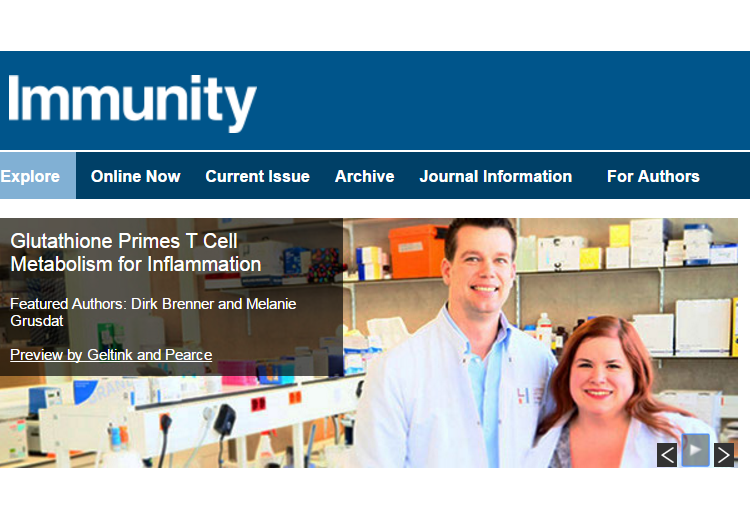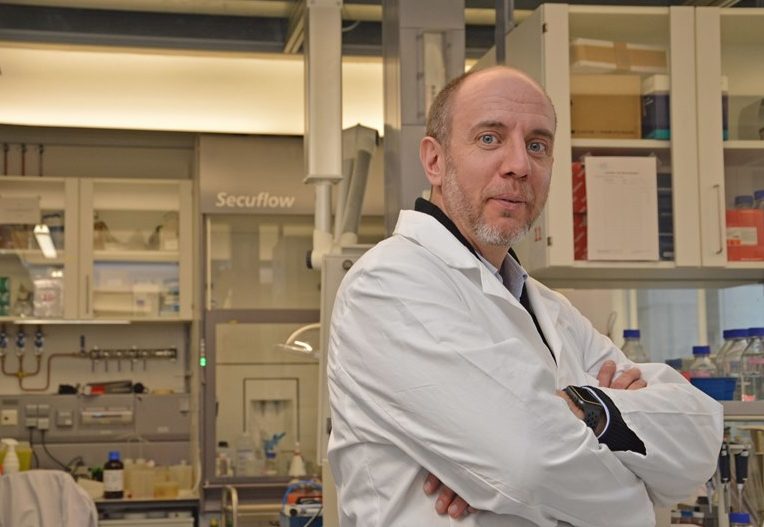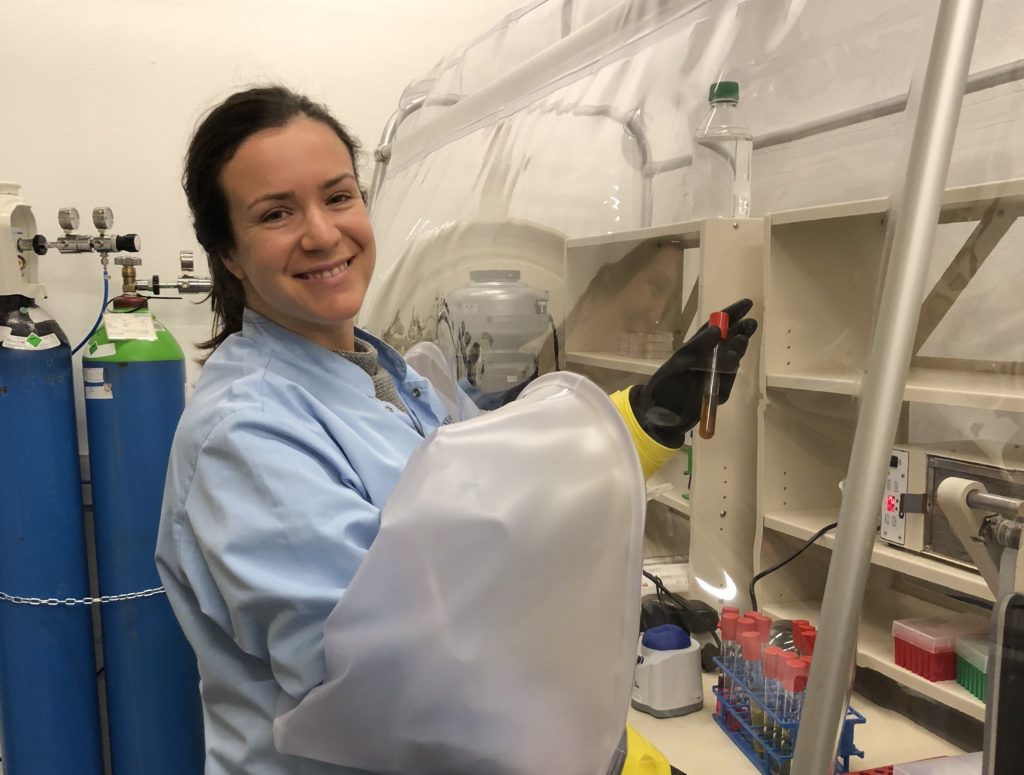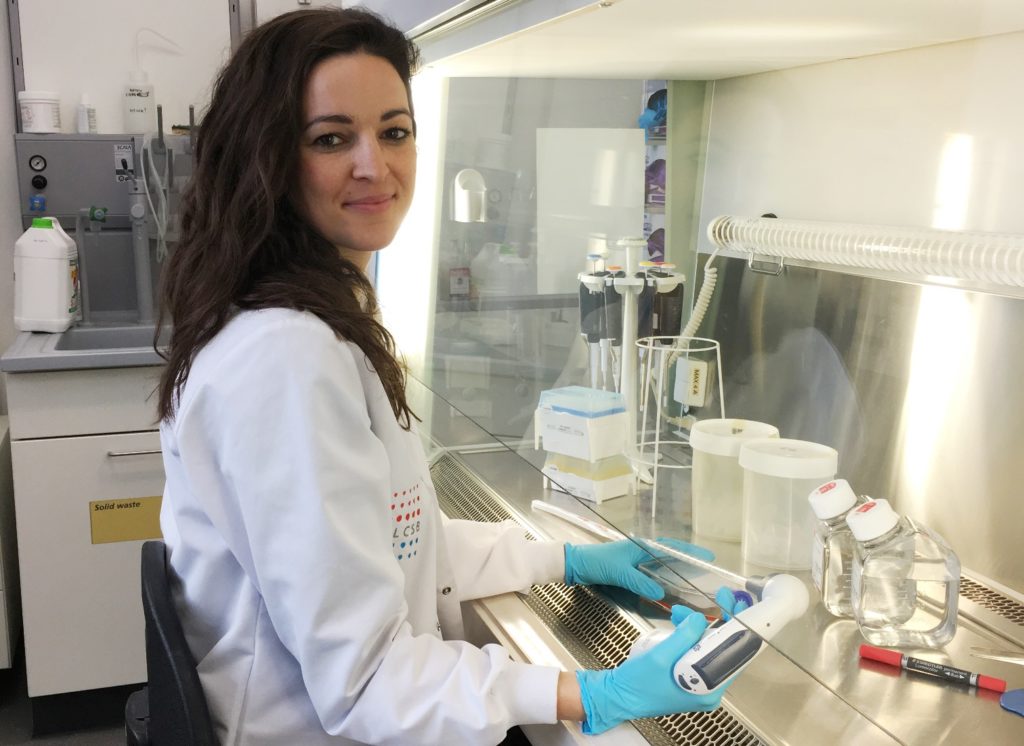‘Der Spiegel’, a widely read news magazine generally considered one the most influential of continental Europe in June published a cover story focussed on human gut microbiome research. The elaborate, seven-page article by the German weekly magazine features the recognised research work of Prof Mahesh Desai from the Luxembourg Institute of Health (LIH).
Mahesh Desai is the Principal Investigator of the Eco-Immunology and Microbiome research group at LIH’s Department of Infection and Immunity and the recipient of grants from the FNR’s INTER Mobility and CORE programmes. Prof Desai and his research team investigate the interplay between gut microbiome, dietary fibre and the gut mucosal barrier in the context of various infectious and chronic diseases. 
The magazine’s cover page showcases the shape of the human intestine using the term “das Superorgan”– each letter of the word being embedded with different sources of dietary fibre – depicted to underscore the importance of fibre as a food source not just for ourselves but also for our gut bacteria. Although being largely centred around the political news across the globe, the magazine chose this time a health-related topic on the human gut microbiome for its cover story, which underlines the significance of this field for global health.
The article gives a special credit to the seminal research findings of Prof Desai who is quoted repeatedly and displayed in a photograph. The article highlights the importance of his research and describes it as a major breakthrough in the context of numerous diseases. In a study published in Cell in 2016, Prof Desai and co-workers showed that a human gut microbiome deprived of dietary fibre compensates the lack of nutrients by degrading the mucus barrier that lines the intestinal wall. This creates “holes” that serve as entry point for pathogenic microbes, and may as well be a “trigger” for various chronic diseases affecting the gut and other body parts, such as the central nervous system.
Targeted for a lay audience, the article describes the benefits of gut microbes for human health. Today researchers know that there is an evident link between the gut microbiota, our nutrition and the development of disease. The article gives a clear message: If we feed our gut microbes well by having a balanced diet, they keep us healthy. Indeed, the gut microbiota fulfil multiple functions that affect the entire body. They process indigestible dietary fibre, keep the gut mucus barrier intact, synthesize vitamin B12, train immune cells to discriminate between harmless and pathogenic bacteria, prevent inflammation, produce serotonin that acts on the brain and generate fatty acids that have a protective effect on the cardiovascular system.

Photo: Tim Wegner www.timwegner.de
The article highlights the current and future work of Prof Desai and his research team. It makes a special remark on the generous funding support he received by the FNR and also showcases the general keen interest of the Grand Duchy in the topic of human microbiome. The ongoing work of Prof Desai and his team on recruiting patients suffering from inflammatory bowel disease (IBD) in order to enhance the existing treatments by employing dietary therapeutics is also described.
‘Being able to reach out to a large readership through “Der Spiegel” is a great opportunity for human microbiome research at LIH’, states Prof Markus Ollert, Director of LIH’s Department of Infection and Immunity.
Read the online article here (subscription required) or in the “Der Spiegel” print magazine Nr 27/29.6.2019.

































